What is the maximum jaa/easa blood/alcohol limit for flight and cabin crew ? [ Training professional ]
Question 115-1 : 20 milligrams per 100 millilitres of blood 10 milligrams per 100 millilitres of blood 40 milligrams per 100 millilitres of blood 80 milligrams per 100 millilitres of blood
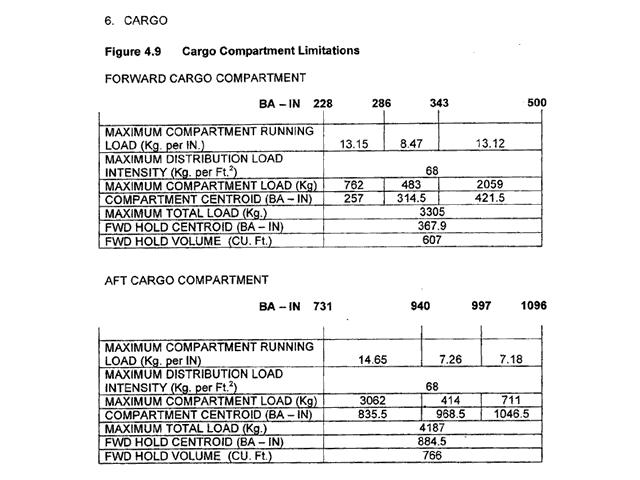 20 milligrams per 100 millilitres of blood.
20 milligrams per 100 millilitres of blood. On average most human adults require approximately how many hours sleep per ?
Question 115-2 : 8 h 6 h 4 h 10 h
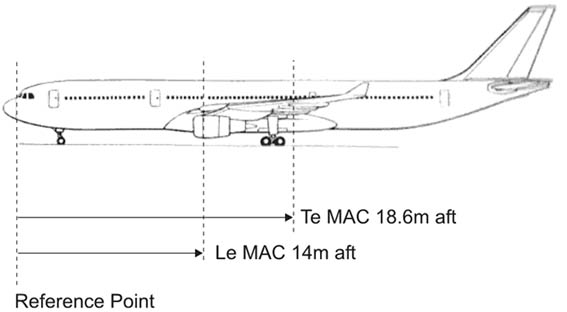 8 h.
8 h. In the case of fire in flight most fatalities are caused by ?
Question 115-3 : Suffocation from fumes caused by aircraft furnishing and wiring burns inhalation of hydrogen fumes cardiac arrest caused by stress and fear
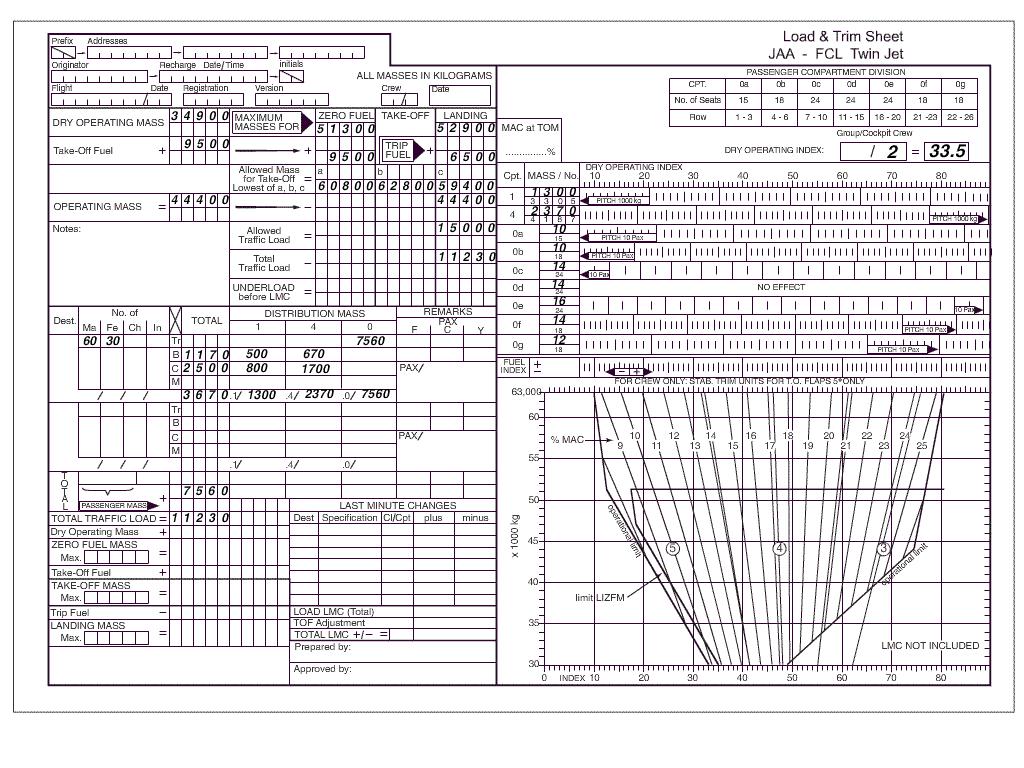 Suffocation from fumes caused by aircraft furnishing and wiring.
Suffocation from fumes caused by aircraft furnishing and wiring. If a crew is having a stop over for less than 24hrs before returning to their ?
Question 115-4 : Maintain eating and sleeping cycle based on home time change eating and sleeping cycle to stop over destination time only have meals when it is daylight and sleep when it is dark to ensure sufficient sleep credit eat light meals only and have regular naps instead of proper sleep
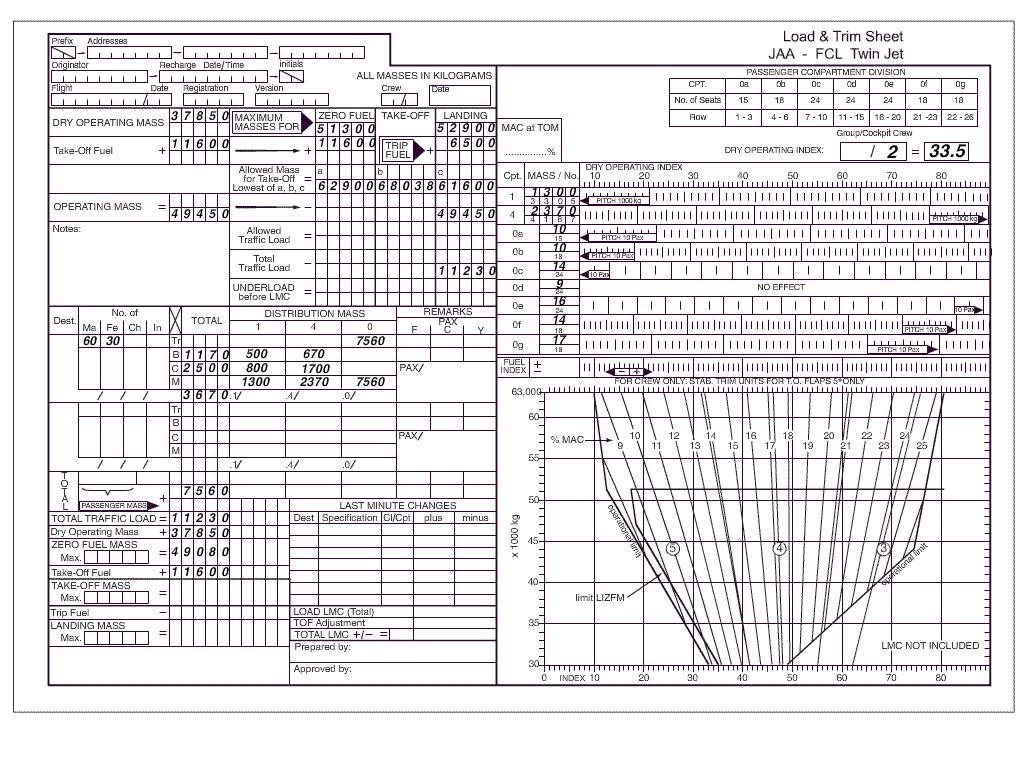 Maintain eating and sleeping cycle based on home time.
Maintain eating and sleeping cycle based on home time. Tattooing and immunization with the use of improperly sterilized needles or ?
Question 115-5 : Hepatitis b or c diabetes hypertension osteoarthritis
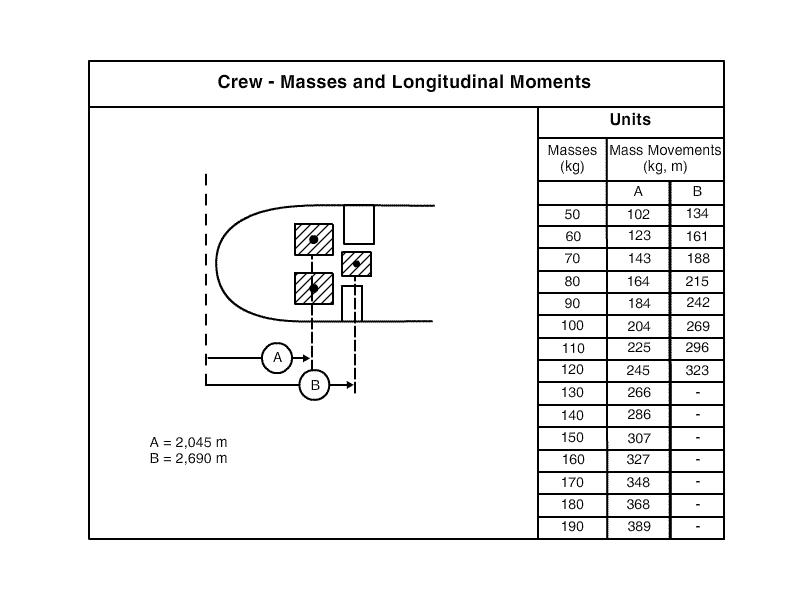 Hepatitis b or c.
Hepatitis b or c. Hypoglycaemia can be caused by ?
Question 115-6 : Not eating regularly or fasting excessive sugar in the blood excessive g forces otic barotraumas
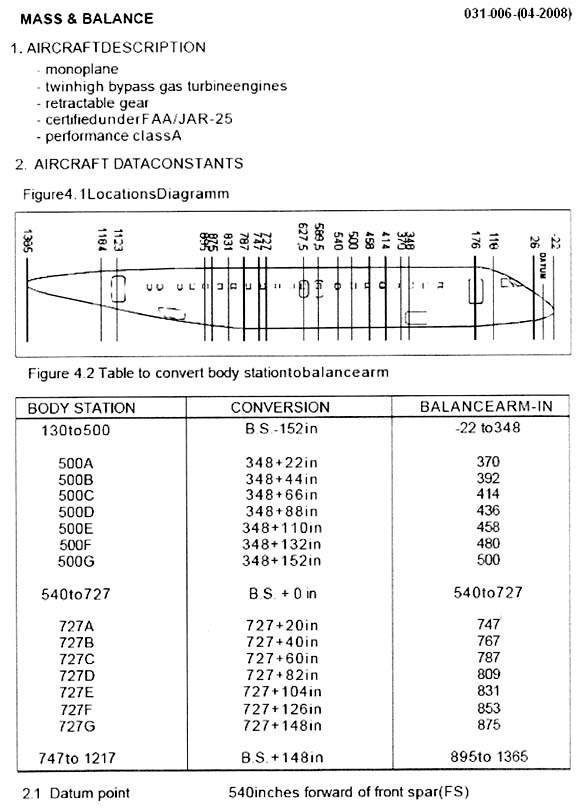 Not eating regularly or fasting.
Not eating regularly or fasting. In the event of fuel spillage onto the body it is advisable that the affected ?
Question 115-7 : Initially washed with copious water and without the use of soap initially washed with soap and water immediately exposed to air to allow the fuel to evaporate as quickly as possible bandaged and medication is applied to avoid blistering
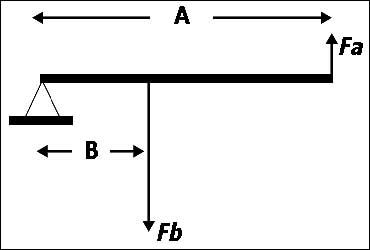 Initially washed with copious water and without the use of soap.
Initially washed with copious water and without the use of soap. Which of the following statements are correct with regard to alcohol ?
Question 115-8 : It is absorbed directly from the stomach and intestines into the bloodstream it affects orthodox sleep more than it affects rem sleep eating while drinking alcohol reduces the amount of alcohol absorbed into the body the maximum easa limit for flight and cabin crew is 40 milligrams per 100 millilitres of blood
Using the body mass index bmi formula when will a pilot be classed as obese ?
Question 115-9 : Over 30 for males and 29 for females over 26 for males and 25 for females over 20 for males and 19 for females over 10 for males and 9 for females
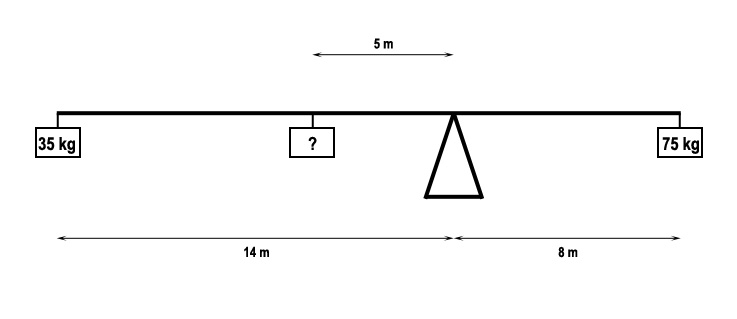 Over 30 for males and 29 for females.
Over 30 for males and 29 for females. A female pilot is 1 7 metres tall and weighs 57 kg she is ?
Question 115-10 : Normal overweight underweight obese
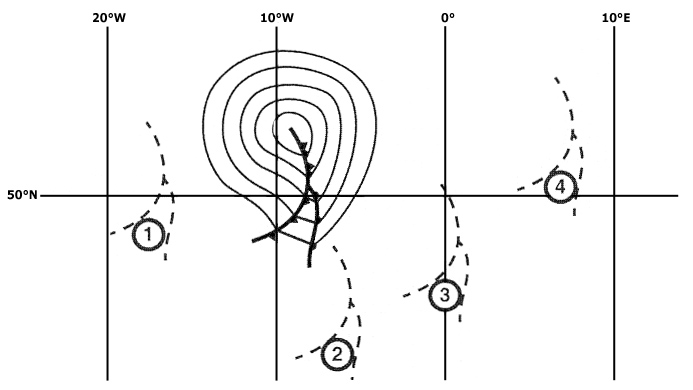 Normal.
Normal. Flying while suffering from a cold may expose a pilot to ?
Question 115-11 : Otic and sinus barotrauma sinus barotrauma only autokinesis gastro intestinal barotrauma
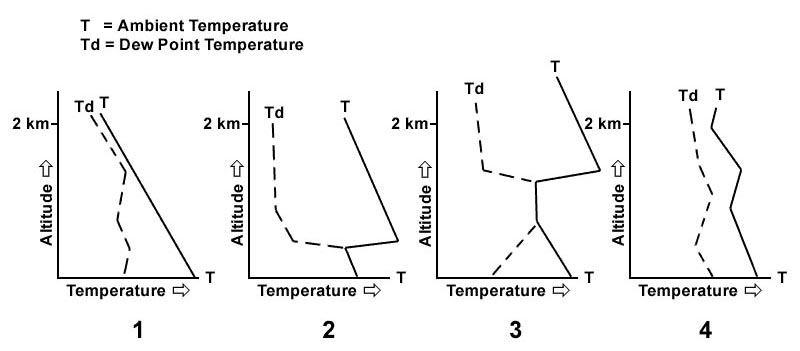 Otic and sinus barotrauma.
Otic and sinus barotrauma. The effect of alcohol on sleep is ?
Question 115-12 : Negative because it modifies sleep cycle negative because at night it contributes to dehydration negative because at night it decreases body temperature positive because it regulates sleep cycle
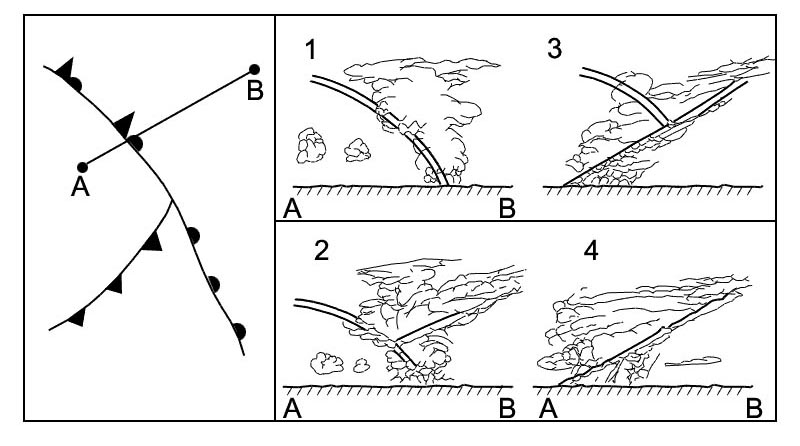 Negative because it modifies sleep cycle.
Negative because it modifies sleep cycle. Type 2 diabetes ?
Question 115-13 : Mostly concerns adults and is characterised by an insulin resistance mostly concerns adults and can be managed by insulin injections mostly concerns children and do not present particular risks concerns adults and can be managed by glucagon injections
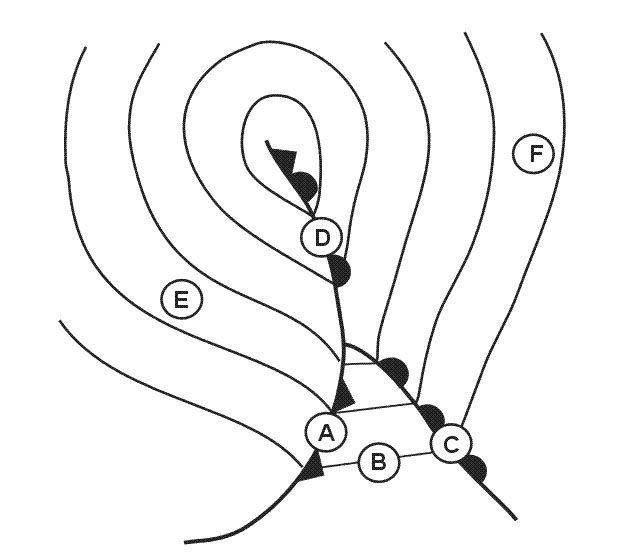 Mostly concerns adults and is characterised by an insulin resistance.
Mostly concerns adults and is characterised by an insulin resistance. Which of the following is/are the symptom s of dengue fever ?
Question 115-14 : Fever up to 40 °c severe muscle and limb pain break bone fever headache malaise and.generalized exanthema headache diarrhoea with vomiting failure of the liver and the kidneys fatigue
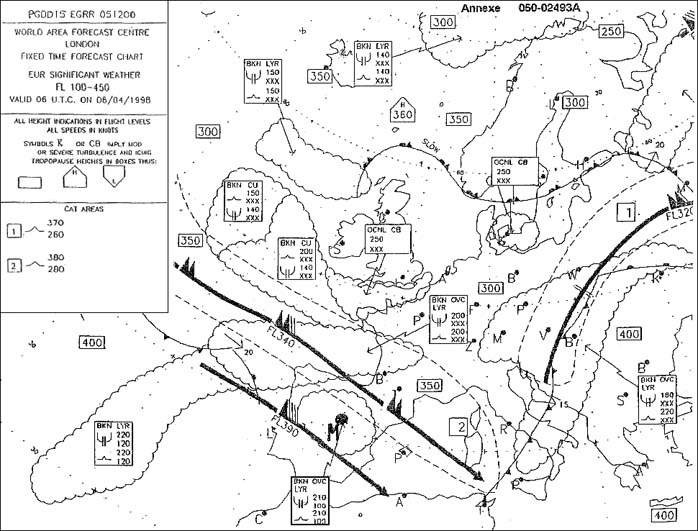 Fever up to 40 °c, severe muscle and limb pain (break bone fever), headache, malaise, andxsxgeneralized exanthema.
Fever up to 40 °c, severe muscle and limb pain (break bone fever), headache, malaise, andxsxgeneralized exanthema. Possible harmful effects of ozone are .1 headaches.2 fatigue.3 chest pains.4 ?
Question 115-15 : 1 2 3 4 5 and 6 3 5 and 6 1 2 4 and 5 1 and 4
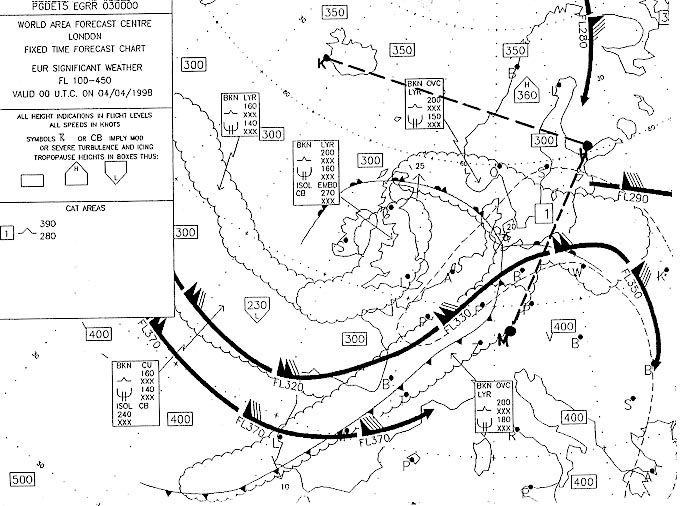 1, 2, 3, 4, 5 and 6.
1, 2, 3, 4, 5 and 6. Back problems can be prevented by ?
Question 115-16 : A balanced nutrition diet acupuncture kinesitherapy an homeopathic remedy
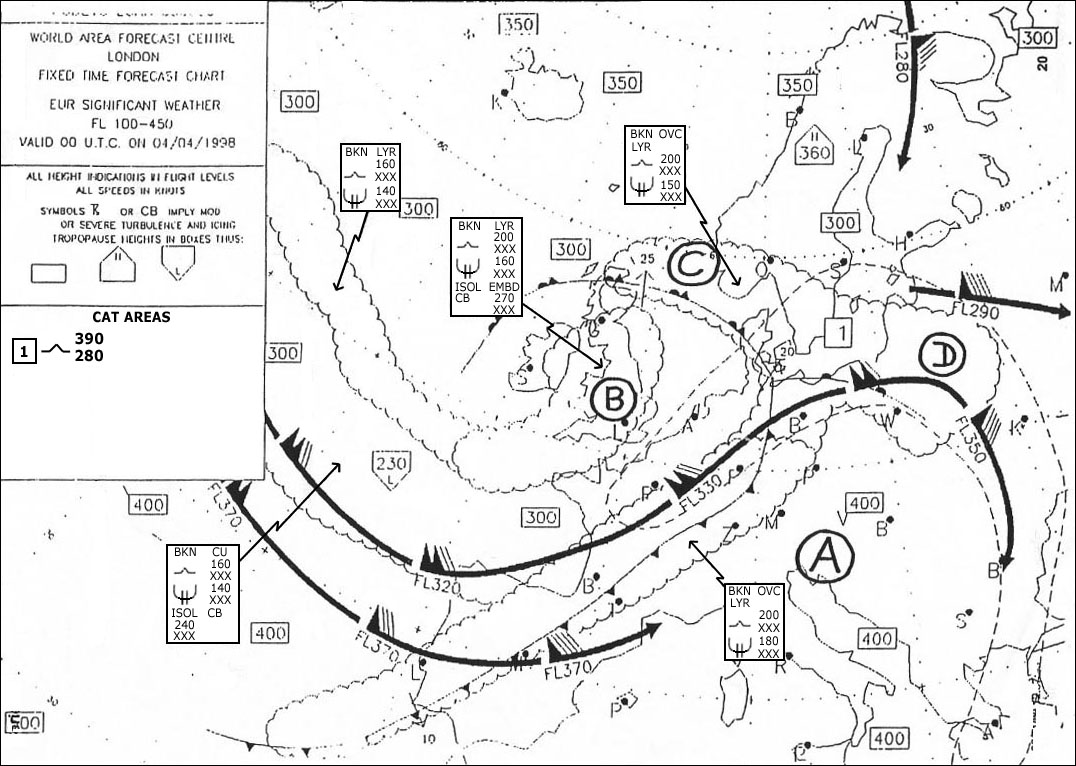 A balanced nutrition diet.
A balanced nutrition diet. Dengue fever ?
Question 115-17 : Is spread by mosquitoes that are active during day time is spread by mosquitoes that are active during night time is no spread by mosquitoes is spread by saliva
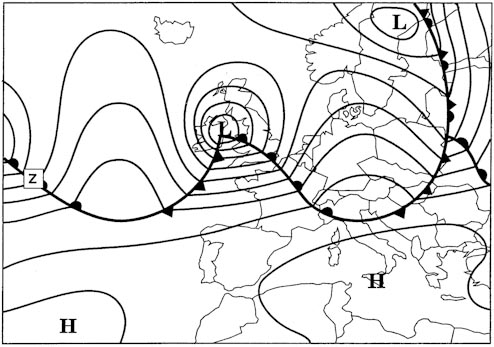 Is spread by mosquitoes that are active during day time.
Is spread by mosquitoes that are active during day time. Back problems are common amongst pilots .effective ways of preventing back pain ?
Question 115-18 : 1 2 3 1 2 3 4 2 3 4 2 3
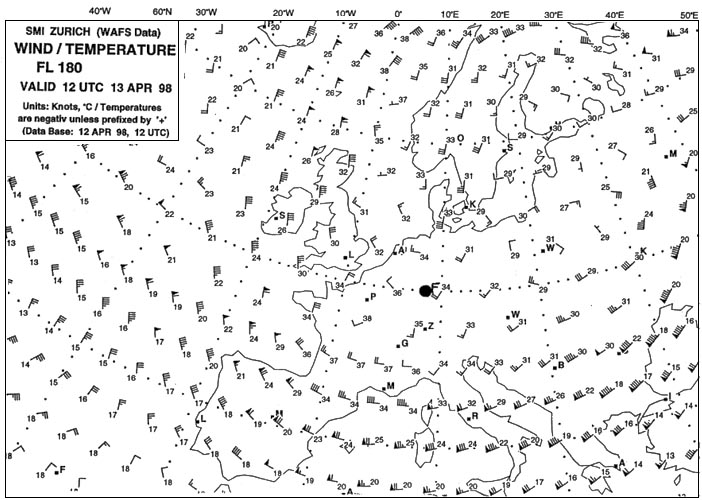 1, 2, 3.
1, 2, 3. Reasons for lower back pain are .1 body mass index bmi between 20 25.2 ?
Question 115-19 : 2 3 4 1 2 3 4 3 4 1 4
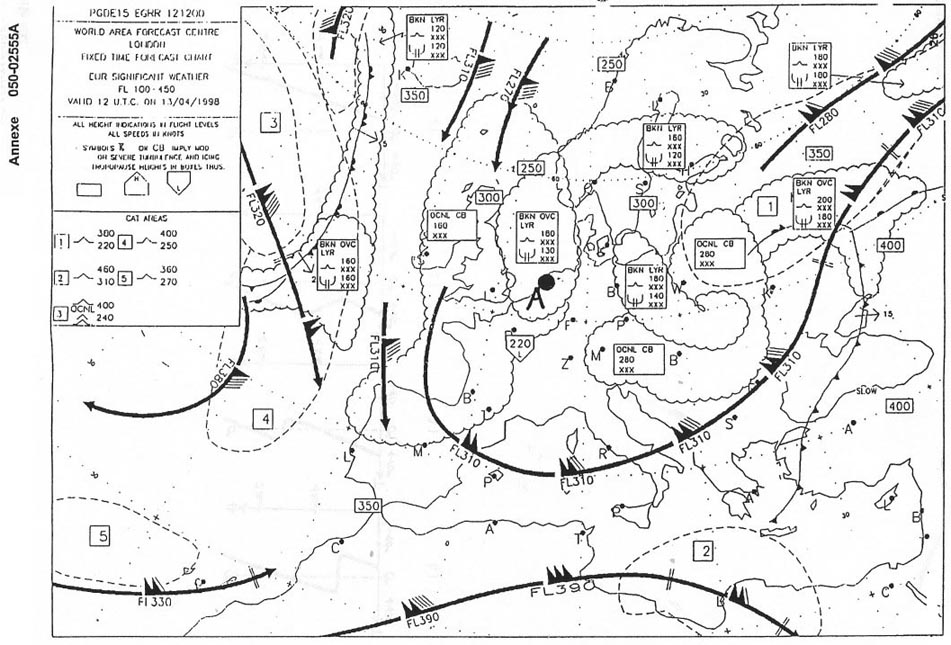 2, 3, 4.
2, 3, 4. Type 2 diabetes may be prevented by ?
Question 115-20 : Avoiding being overweight avoiding eat only proteins avoiding eat only carbohydrates not eating fish
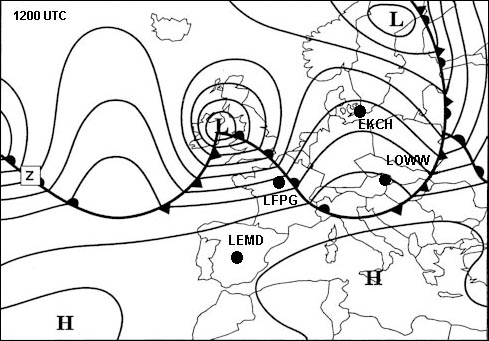 Avoiding being overweight.
Avoiding being overweight. The incidence of type 2 diabetes is increasing worldwide .risk factors for ?
Question 115-21 : 1 2 1 2 3 4 2 4 3
 1, 2.
1, 2. In the tropics gastroenteritis is a common disease among travelers .which of ?
Question 115-22 : 1 2 3 4 1 4 2 4 2 3
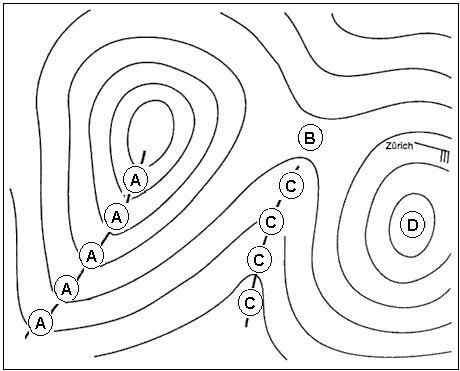 1, 2, 3, 4.
1, 2, 3, 4. Hepatitis a infection ?
Question 115-23 : Can be prevented by gamma globulin or vaccination can be prevented by insulin injection is transmitted through blood and infected bodily fluids is transmitted by insect bites
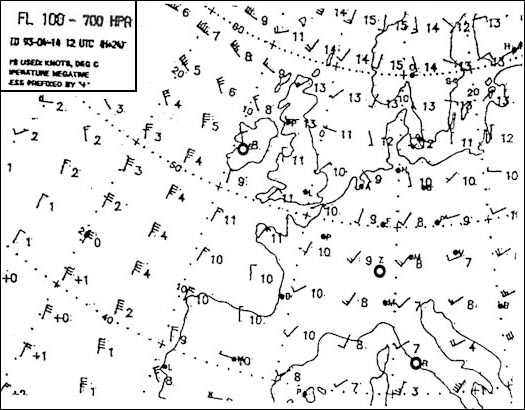 Can be prevented by gamma globulin or vaccination.
Can be prevented by gamma globulin or vaccination. Which of the following beverages or food stuffs are most likely to contain ?
Question 115-24 : 1 2 4 1 2 3 4 1 3 3 4
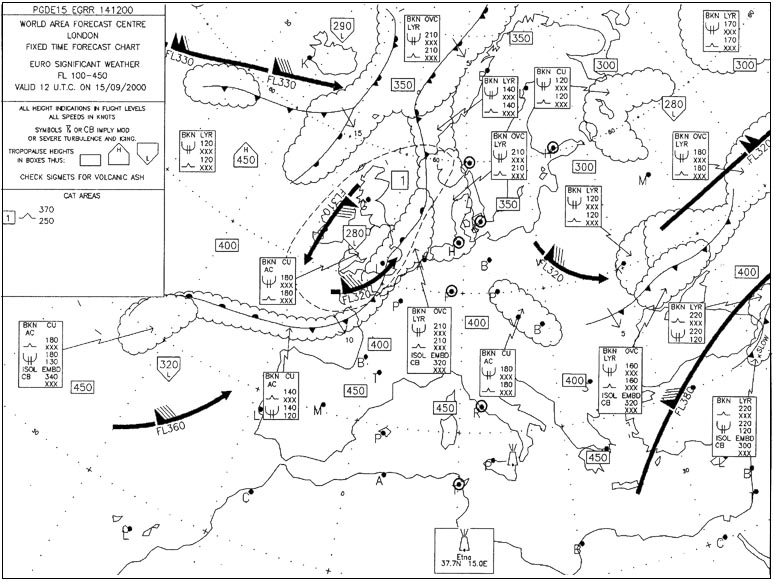 1, 2, 4.
1, 2, 4. In a multi crew aircraft taking a nap in the cockpit ?
Question 115-25 : Should last between 15 to 40 minutes should last max 10 minutes is not recommended is good to reduce sleep
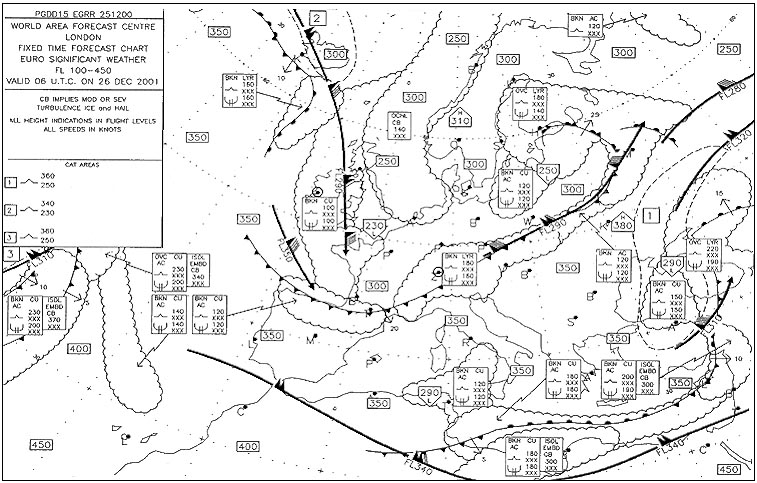 Should last between 15 to 40 minutes.
Should last between 15 to 40 minutes. Cosmic radiation ?
Question 115-26 : Is at its strongest at very high altitudes is at its strongest at very low altitudes remains the same at any altitudes can not be measured
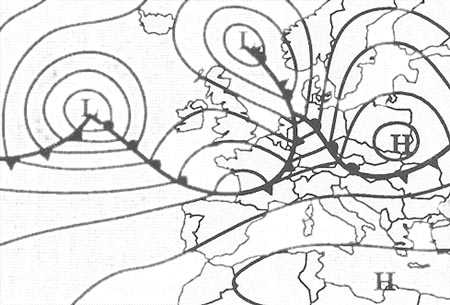 Is at its strongest at very high altitudes.
Is at its strongest at very high altitudes. The average annual amount of cosmic radiation received by crew members ?
Question 115-27 : Is about the same as the amount of background radiation is at least twice the amount of background radiation xxxxx xxxxx
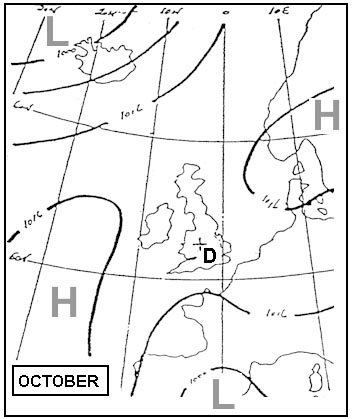 Is about the same as the amount of background radiation.
Is about the same as the amount of background radiation. Adaptation to light ?
Question 115-28 : Is done in both e separately takes about 10 minutes is done faster by rods than cones means the ability of the lens to focus at different distance
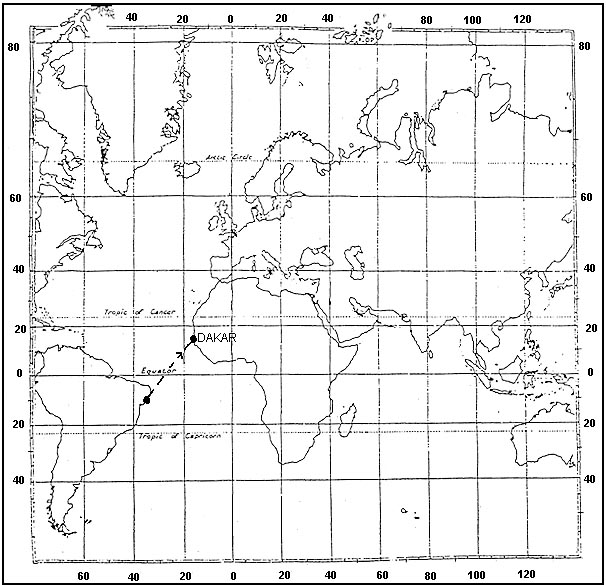 Is done in both eyes separately.
Is done in both eyes separately. In cumulative fatigue ?
Question 115-29 : Even in a normal flight duty period the fatigue may increase up to an unacceptable level it is less easy to detect than acute fatigue it can easily be counteracted by caffeine intake it disappears after resting for at least 6 hours
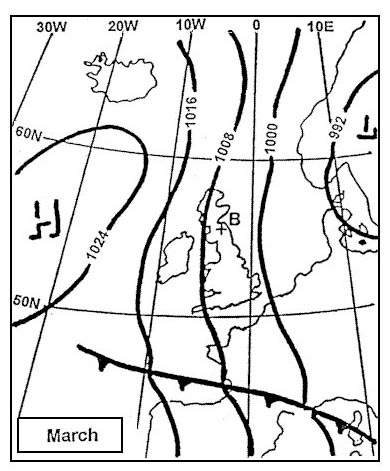 Even in a normal flight duty period the fatigue may increase up to an unacceptable level.
Even in a normal flight duty period the fatigue may increase up to an unacceptable level. What action should a pilot take when he is suffering from a common cold has no ?
Question 115-30 : He should not fly because there is a risk of not succeeding to equalize the pressure between middle ear and ambient air xxxxx xxxxx xxxxx
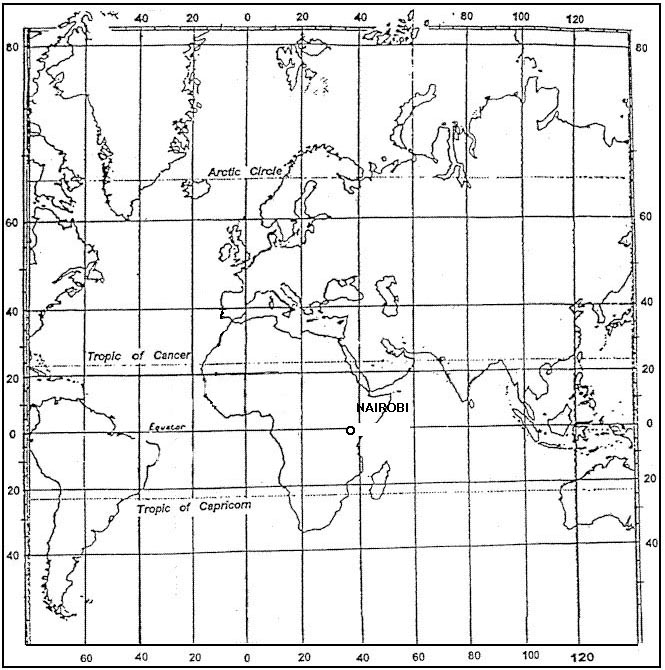 He should not fly, because there is a risk of not succeeding to equalize the pressure between middle ear and ambient air.
He should not fly, because there is a risk of not succeeding to equalize the pressure between middle ear and ambient air. Select the correct statement from the ones below ?
Question 115-31 : The harmful effects of smoking are also detected in parts of the body other than the lungs e g bladder kidneys and blood vessels xxxxx xxxxx xxxxx
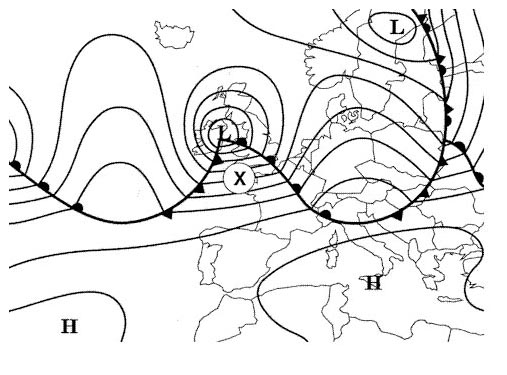 The harmful effects of smoking are also detected in parts of the body other than the lungs (e.g. bladder, kidneys and blood vessels).
The harmful effects of smoking are also detected in parts of the body other than the lungs (e.g. bladder, kidneys and blood vessels). Select the correct statement from the ones below ?
Question 115-32 : Smoking reduces the oxygen transport capacity of the cardiovascular system smoking increases the oxygen transport capacity of the cardiovascular system smoking reduces the individuals physiological altitude during flight there is no connection between smoking and suffering from coronary heart disease
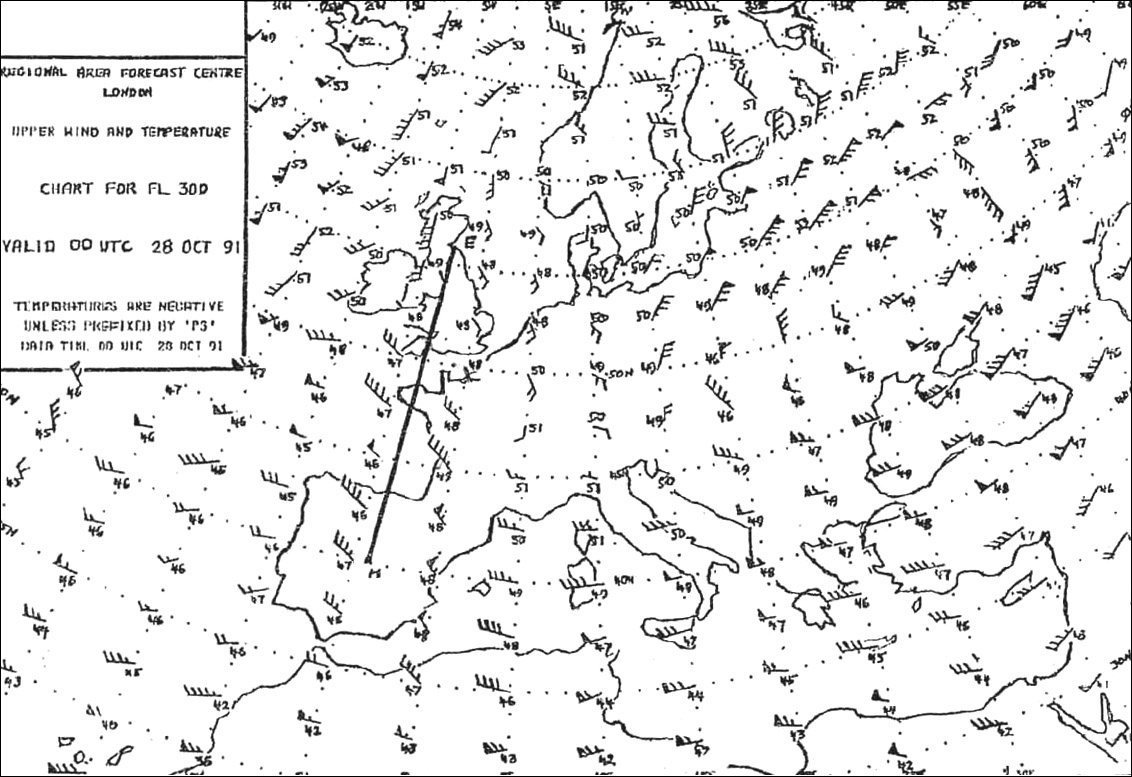 Smoking reduces the oxygen transport capacity of the cardiovascular system.
Smoking reduces the oxygen transport capacity of the cardiovascular system. Which of the statements below concerning blood pressure is correct ?
Question 115-33 : It needs to be high enough to guarantee an adequate blood flow to the brain xxxxx xxxxx xxxxx
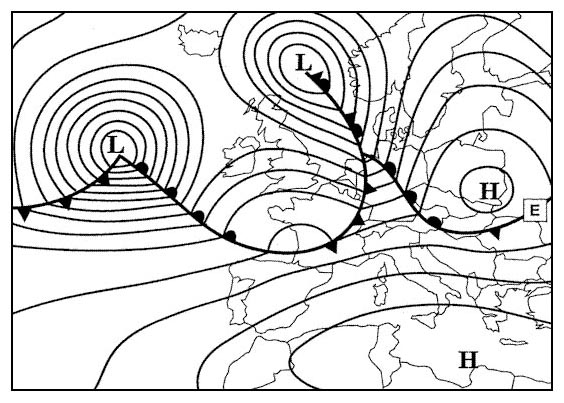 It needs to be high enough to guarantee an adequate blood flow to the brain.
It needs to be high enough to guarantee an adequate blood flow to the brain. Which combination of the following statements are true .1 total gas volume of ?
Question 115-34 : 1 3 and 4 1 2 3 4 3 and 4 1 and 3
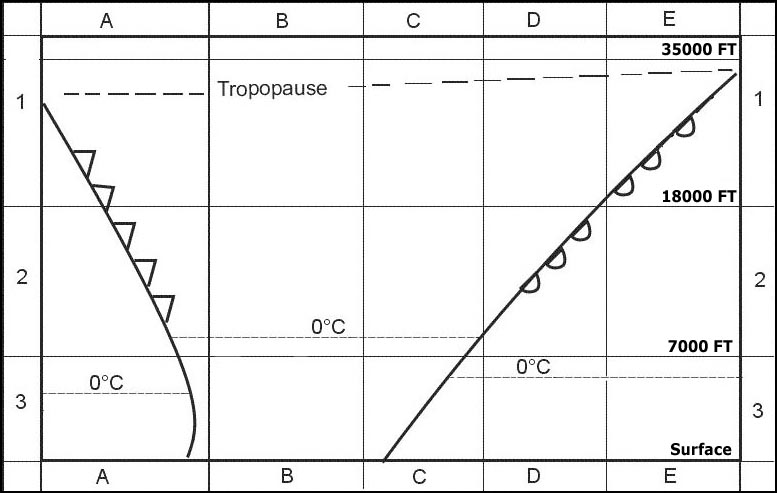 1, 3 and 4.
1, 3 and 4. Select the correct statement from below ?
Question 115-35 : Stressors at home can add to the effects of the stressors in the cockpit stressors at home can not add to the effects of the stressors in the cockpit stressors at home are always add to the effects of the stressors in the cockpit if you have no stressors at home you will have no stressors in the cockpit
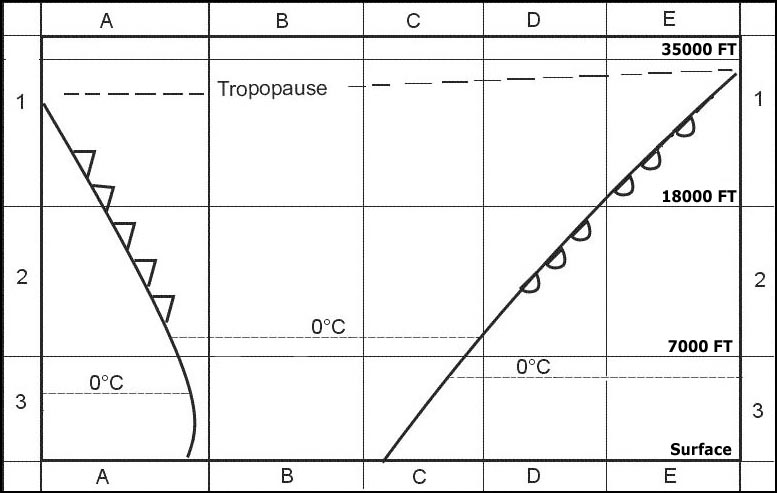 Stressors at home can add to the effects of the stressors in the cockpit.
Stressors at home can add to the effects of the stressors in the cockpit. Symptoms of stress may include .1 depression or anxiety.2 low blood pressure.3 ?
Question 115-36 : 1 3 4 1 2 3 4 1 4 2 3
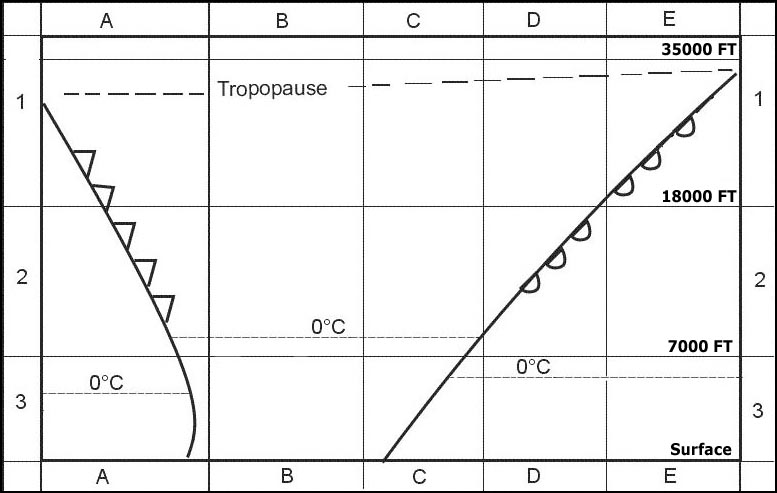 1, 3, 4.
1, 3, 4. When traveling in developing and tropical areas of the world aircrew should ?
Question 115-37 : 1 2 3 4 5 1 2 3 4 1 3 4 2 4 5
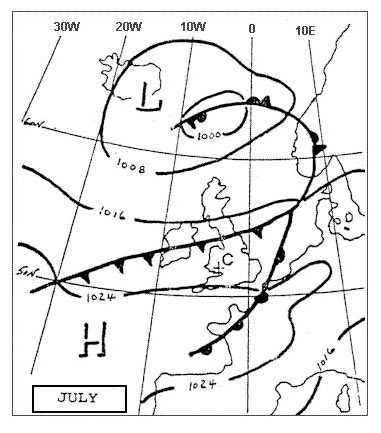 1, 2, 3, 4, 5.
1, 2, 3, 4, 5. In the absence of external reference points the sensation that the vehicle in ?
Question 115-38 : Illusion of relative movement somato gravic illusion autokinetic illusion cognitive illusion
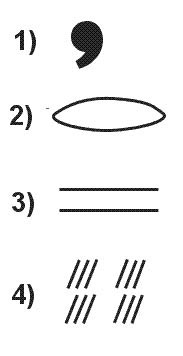 Illusion of relative movement.
Illusion of relative movement. Fatigue and stress ?
Question 115-39 : Lower the tolerance to hypoxia increase the tolerance to hypoxia do not affect hypoxia at all will increase the tolerance to hypoxia when flying below 15 000 feet
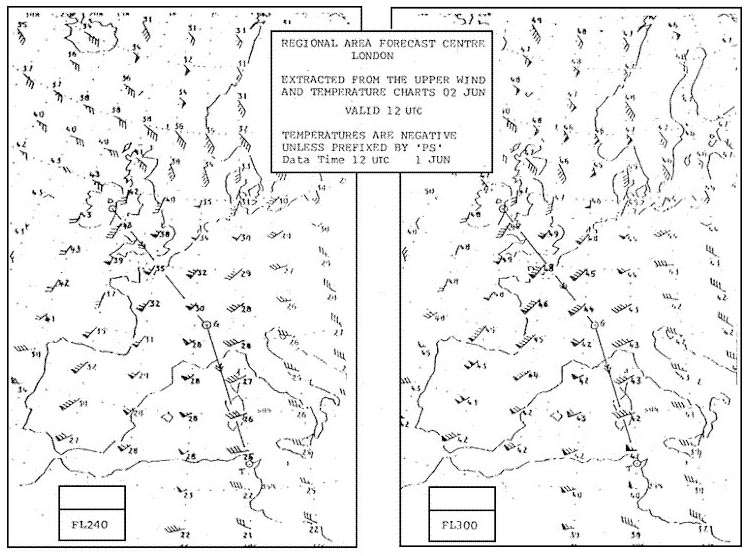 Lower the tolerance to hypoxia.
Lower the tolerance to hypoxia. The maximum number of unrelated items that can be stored in working memory is ?
Question 115-40 : About 7 items unlimited very limited only 3 items about 30 items
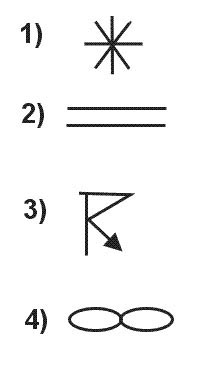 About 7 items.
About 7 items. ~
Exclusive rights reserved. Reproduction prohibited under penalty of prosecution.
4559 Free Training Exam
